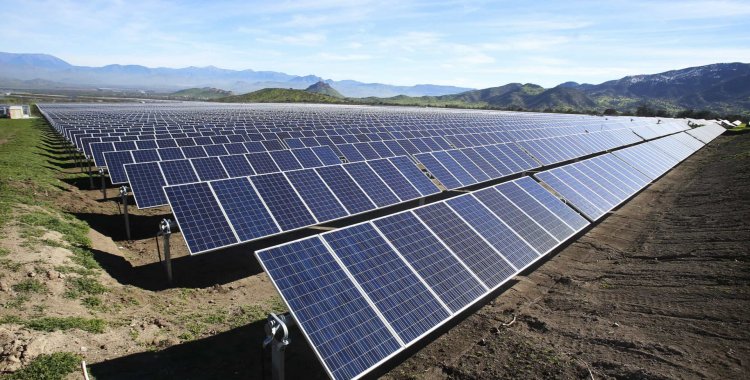The data were advanced by the Minister of Energy and Water, João Batista Borges, in the Energy and Environment Forum of the economic weekly Expansão.
"The energy transition needs to be understood not as a burden imposed on the most vulnerable people, but as a great opportunity to improve livelihoods across the African continent", he said, citing the development of new industries and job opportunities as aspects positives.
He stressed that, despite fears that the energy transition in oil-producing countries, such as Angola, will lead to job losses in the energy sector, in particular in the fossil fuel industry, it is not inevitable that this will lead to an increase in unemployment, as sectors related to the energy transition will offset these losses and provide employment alternatives.
In Angola – a country where oil and gas correspond to a third of the gross domestic product and represent 90 percent of exports – opportunities also arise from this "strategic move", he noted, in particular the development of a new sector of renewable energy and increase in electrification rates.
According to the official, the plans for this sector include investment in hydroelectric energy that "has the potential to be a key source of energy in Angola", since it is estimated that it represents the largest slice of the national energy matrix until 2027, taking into account the construction of the Caculo Cabaça project.
The minister also pointed to the development of installed capacity for solar energy and gas, namely through the installed capacity of the combined cycle power plant in Soyo and a new power plant in Namibe.
There are also plans to build a wind farm in the Tombua region, with around 100 megawatts, as well as six other smaller parks in the central plateau.
The energy transition process also includes a reform in the regulatory and legal framework in terms of regulating microgeneration, for example "which will give rise to countless small domestic producers" who will sell surplus production to the public system.







